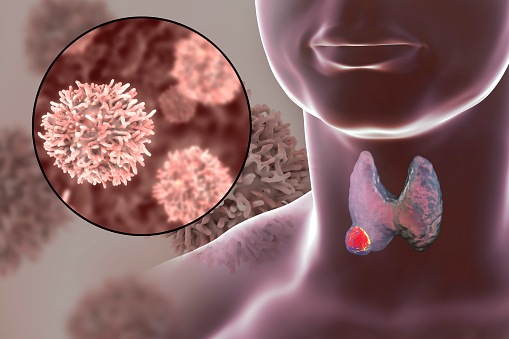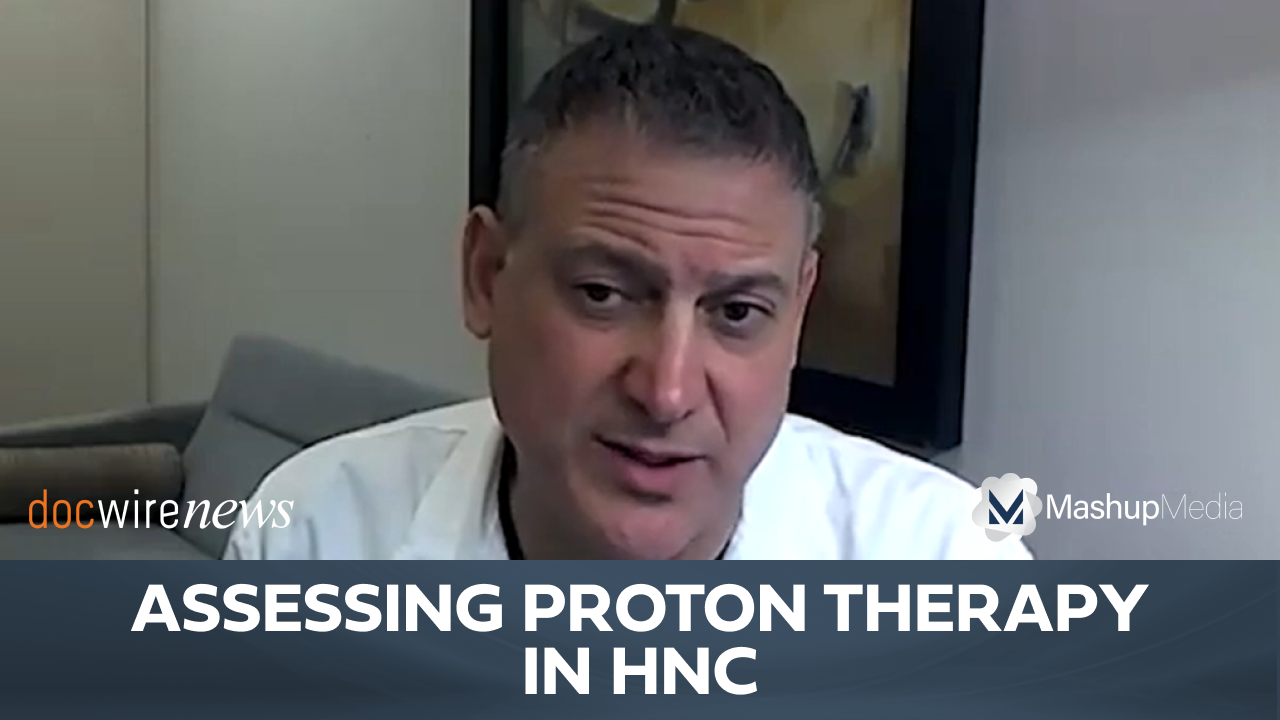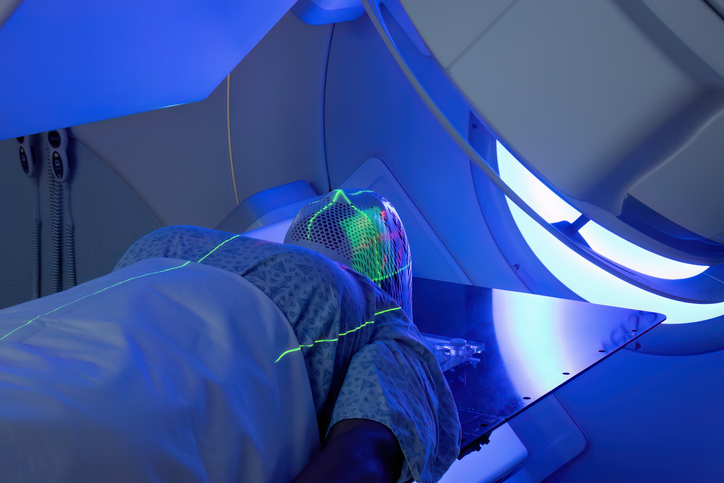
Thyroid cancer patients who are disease-free benefit from less post-surgery surveillance, according to a study published in the Journal of Clinical Oncology.
In this study, researchers queried 2,632 patients between February 2017 and October 2018 who were diagnosed with thyroid cancer between January 2014, and December 2015 from the George and Los Angeles County SEER registries. All patient reports on health care utilization in the past year as well as responses to the validated Medical Maximizer Minimizer Scale were linked to SEER data in 2,183 patients who were cancer-free. The researchers utilized logistic regression using cumulative logit and nonproportional odds.
According to the results of the study, 31.6% of patients were classified as minimizers, 42.5% as moderate maximizers, and 25.9% as strong maximizers. After controlling for age, sex, race and ethnicity, comorbidity, stage, and SEER site, strong maximizers (compared with minimizers) were significantly more likely to report four or less doctor visits juxtaposed to minimizers (OR=1.45; 95% CI, 1.10 to 1.92), two or less neck ultrasounds (OR=1.58; 95% CI, 1.17 to 2.14), and at least one radioactive iodine scan (OR, 1.73; 95% CI, 1.19-2.50), and at least one additional imaging study (OR=2.06; 95% CI, 1.56 to 2.72).
“Our findings demonstrate that patients with a preference for maximal medical care did indeed tend to receive more follow-up care, including a greater number of doctor visits and imaging tests,” said senior study author Megan Haymart, M.D. who’s also a member of the U-M Institute for Healthcare Policy & Innovation in a press release about the study. “These results help to explain why we see significant differences in the management of low-risk thyroid cancer that isn’t explained by disease-related factors.”
https://twitter.com/JoYounghans/status/1182749241992777730
“There’s a tendency to think of cancer as this big bad thing that we just need to throw everything we have in our arsenal at,” Dr. Haymart continued. “But that’s not necessarily the case. In certain contexts, like these, less may indeed be more. In their discussions, doctors may be able to better help patients understand the potential benefits of a less intensive approach.”
https://twitter.com/EcoInternetDrGB/status/1183601090408747008
For low-risk thyroid #cancer patients, less may be more for post-surgery surveillance @umich https://t.co/tXAnqUYkin
— Medical Xpress (@medical_xpress) October 14, 2019







 © 2025 Mashup Media, LLC, a Formedics Property. All Rights Reserved.
© 2025 Mashup Media, LLC, a Formedics Property. All Rights Reserved.